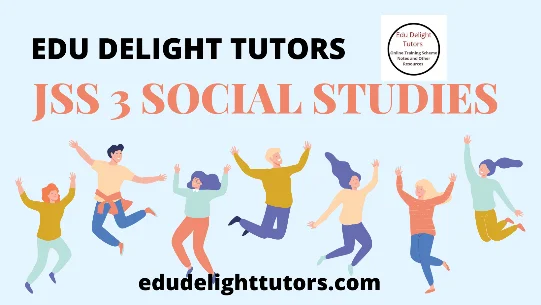Understanding Labour Force, Resources, Transportation, Communication, Gender Discrimination, Peace Education, Tolerance, Drug Abuse Primary 6 Social Studies
Subject: Social Studies Class: Primary 6 Define labour force …………………………………………………………………………………………………………………………… …………………………………………………………………………………………………………………………… Mention any two types of labour force ………………………………………………………….. ………………………………………………………….. What is resources utilization? ………………………………………………………………………………… …………………………………………………………………………………………………………………………… State two dangers of over-utilization ………………………………………………………………… ………………………………………………………………… What is transportation? …………………………………………………………………………………………. …………………………………………………………………………………………………………………………… List two examples of air transportation. …………………………… ………………………………….. State two examples of water transportation …………………………. ……………………………… What
